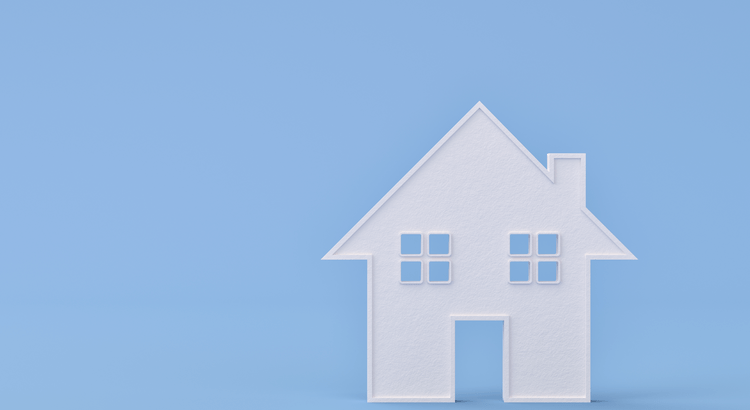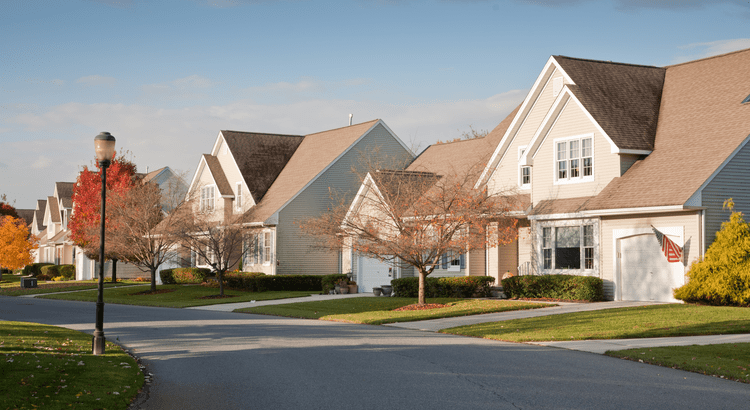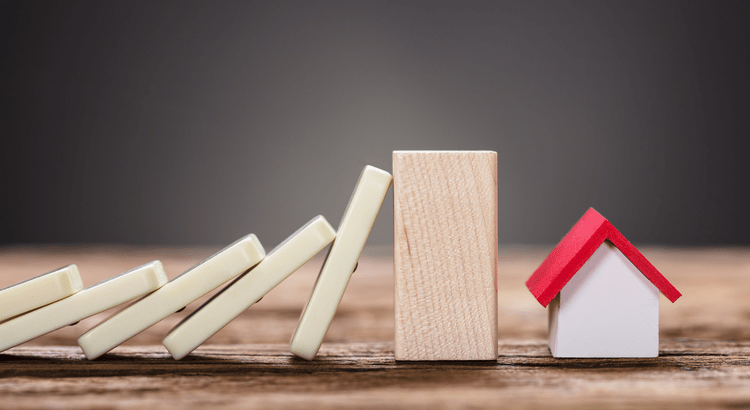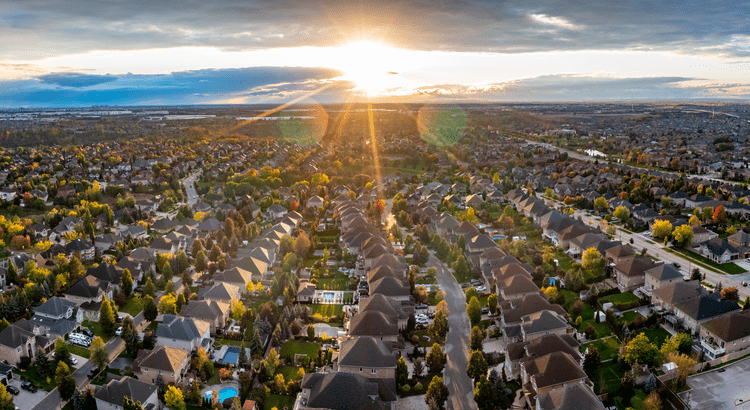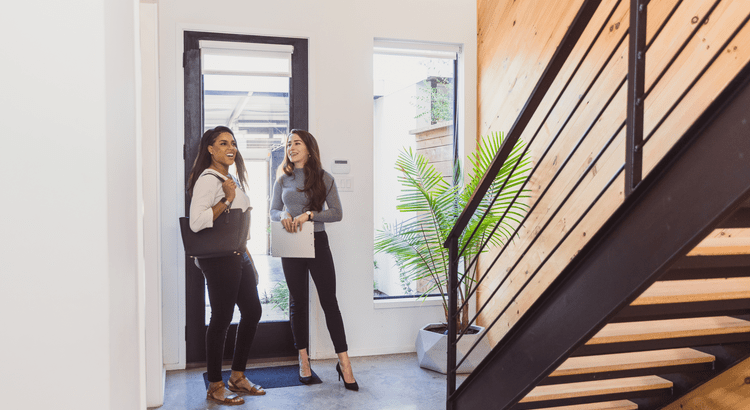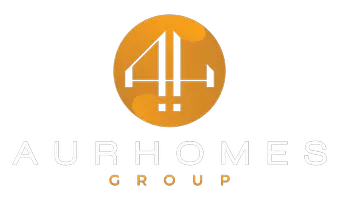
Should You Rent Out or Sell Your House?
Figuring out what to do with your house when you're ready to move can be a big decision. Should you sell it and use the money for your next adventure, or keep it as a rental to build long-term wealth?It's a question many homeowners face, and the answer isn't always straightforward. Whether you're curious about the potential income from renting or worried about the responsibilities of being a landlord, there’s a lot to consider.Let’s walk through some key questions to ask to help you make the best decision for your situation.Is Your House a Good Fit for Renting?Even if you're interested in becoming a landlord, your current house might not be ideal for renting. Maybe you're moving far away, so keeping up with the ongoing maintenance would be a hassle, the neighborhood isn't great for rentals, or the house needs significant repairs before you could rent it out.If any of this sounds like it might apply, selling might be your best option.Are You Ready for the Realities of Being a Landlord?Managing a rental property isn't just about collecting rent checks. It's a time-consuming and sometimes challenging job.For example, you may get calls from tenants at all hours of the day with maintenance requests. Or you may find a tenant causes damage you have to repair before the next lease starts. You may even have to deal with people falling behind on payments or breaking their lease early. Investopedia highlights:"It isn’t difficult to find horror stories of landlords troubled with more headaches than profits. Before deciding to rent, consider talking to other landlords and doing a detailed cost analysis. You might find that selling your home is a better financial decision and less stressful.”Do You Have a Good Understanding of What It’ll Cost?If you're thinking about renting out your home primarily to generate extra income, remember that there are additional costs you’ll want to plan for. As an article from Bankrate explains:☑️ Mortgage and Property Taxes: You still need to pay these expenses, even if the rent doesn't cover all of it.☑️ Insurance: Landlord insurance costs about 25% more than regular home insurance, and it's necessary to cover damages and injuries.☑️ Maintenance and Repairs: Plan to spend at least 1% of the home's value annually, more if the home is older.☑️ Finding a Tenant: This involves advertising costs and potentially paying for background checks.☑️ Vacancies: If the property sits empty between tenants, you'll lose rental income.☑️ Management and HOA Fees: A property manager can ease the burden, but typically charges about 10% of the rent. HOA fees are an additional cost too, if applicable.Bottom LineTo sum it all up, selling or renting out your home is a personal decision that depends on your circumstances. Whatever you decide, taking the time to evaluate your options will help you make the best choice for your future.Make sure to weigh the pros and cons carefully and consult with professionals so you feel supported and informed as you make your decision. That’s what we’re here for. Aurhomes Group is here to help!

Are Home Prices Going To Come Down?
Today’s headlines and news stories about home prices are confusing and make it tough to know what’s really happening. Some say home prices are heading for a correction, but what do the facts say? Well, it helps to start by looking at what a correction means.Here’s what Danielle Hale, Chief Economist at Realtor.com, says: “In stock market terms, a correction is generally referred to as a 10 to 20% drop in prices . . . We don't have the same established definitions in the housing market.”In the context of today’s housing market, it doesn’t mean home prices are going to fall dramatically. It only means prices, which have been increasing rapidly over the last couple years, are normalizing a bit. In other words, they’re now growing at a slower pace. Prices vary a lot by local market, but rest assured, a big drop off isn’t what’s happening at a national level.The Real Estate Market Is NormalizingFrom 2020 to 2022, home prices skyrocketed. That rapid increase was due to high demand, low interest rates, and a shortage of homes for sale. But, that kind of aggressive growth couldn’t continue forever.Today, price growth has started to slow down, which is a sign the market is beginning to normalize. The most recent data from Case-Shiller shows that after being basically flat for a couple of months last year, prices are going up at a national level – just not as quickly as before (see graph below):The big takeaway? So far this year, there’s been a much healthier pace of price growth compared to the pandemic.Of course, that’s what’s happening now, but you may be wondering what’s next for prices. Marco Santarelli, the Founder of Norada Real Estate Investments, says:“Expert forecasts lean towards a moderation in home price growth over the next five years. This translates to a slower and more sustainable pace of appreciation compared to the breakneck speed witnessed in recent years, rather than a freefall in prices.”It’s all about supply and demand. Increasing inventory plus limited buyer demand, due to relatively high mortgage rates, will continue to ease some of the upward pressure on prices.What This Means for YouIf you’re thinking about buying a home, slowing price growth is welcome news. Skyrocketing home prices during the pandemic left many would-be homebuyers feeling priced-out. While it’s still a good thing to know the value of the home you buy will likely continue to go up once you own it, slowing price gains are making things feel more manageable. Odeta Kushi, Deputy Chief Economist at First American, says:“While housing affordability is low for potential first-time home buyers, slowing price appreciation and lower mortgage rates could help — so the dream of homeownership isn't boarded up just yet.”Bottom LineAt the national level, home prices are not going down. And most experts forecast they’ll continue growing moderately moving forward. But prices vary a lot by local market. That’s where a trusted real estate agent comes into play. If you have questions about what’s happening with prices in our area, reach out. Aurhomes is here to help!
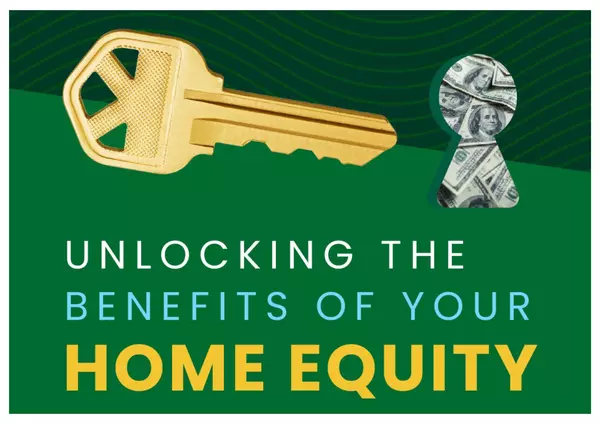
Unlocking the Benefits of Your Home's Equity
In today's real estate market, understanding the value of your home’s equity is more important than ever. Home equity, the difference between what your house is worth and what you still owe on your mortgage, has become a vital financial asset. Remarkably, the typical homeowner gained $28,000 over the past year, bringing the average total equity to an impressive $305,000. This substantial increase opens up a myriad of opportunities for homeowners. Whether you're looking to invest in home improvements, consolidate debt, or even plan for retirement, leveraging your home equity can be a game-changer.BottomlineMaximizing your home’s equity can significantly enhance your financial freedom and future plans. With the average homeowner seeing substantial gains, now is the perfect time to explore the possibilities your home equity offers. Don’t miss out on this valuable opportunity to make informed decisions that can positively impact your financial well-being.If you want to know how much equity you have, reach out today for a Professional Equity Assessment Report (PEAR). Let’s work together to turn your home equity into a powerful financial tool. Contact Aurhomes Group now to get started!
Categories
Recent Posts

